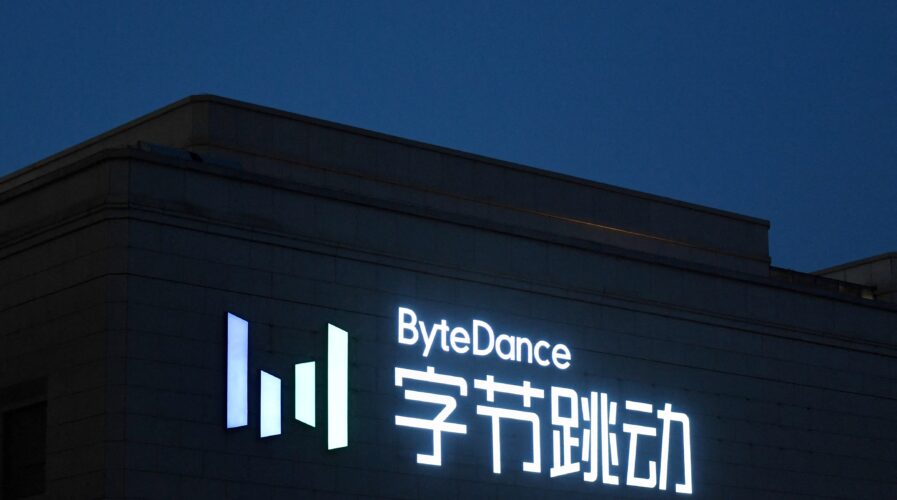
As China seeks self-sufficiency, ByteDance has plans to style its individual chips. (Photograph by GREG BAKER / AFP)
- Though building a chip style and design group stays in a preliminary phase, TikTok’s parent enterprise is discovering software-specific chips to assist its providers as China pushes to fast-track neighborhood semiconductor field progress.
- ByteDance will reportedly not sell its chips to other folks in China or overseas.
China has been the world’s premier importer of foreign chips, which the place makes use of for producing electrical automobiles (EVs), smartphones and other consumer electronics. Many of all those goods are then exported to the rest of the globe, like marketplaces in which the semiconductors at first arrived from. The country even so has been earning numerous makes an attempt in energy to develop into self-adequate — a objective that a lot of nations around the world have been aiming for in the wake of the pandemic and frantic world provide chain.
China has even declared programs to invest US$1.4 trillion between 2020 and 2025 on advanced technologies like semiconductors. So much, its vigorous press toward technological self-sufficiency has led to the imports of integrated circuits (ICs) shrinking 9.6% in quantity in the initial quarter this year from a yr in the past when quantity stood at 33.6%.
The great information is that an raising list of tech providers in China are pouring sources into the area semiconductor improvement, as they align with Beijing’s purpose to lower reliance on overseas systems. Among the the country’s most significant tech giants that have joined the race, consists of Tencent Holdings, Alibaba Team Keeping, and the most latest becoming ByteDance.
The TikTok proprietor has basically been looking to fill dozens of new semiconductor positions detailed on its web site — the most clear transfer signaling that ByteDance is seeking to build an in-household chip design and style unit. Just not long ago, the Beijing-dependent social media giant, and China’s most worthwhile unicorn, verified in a assertion that it is employing semiconductor expertise, whilst noting that the setting up of a chip crew stays in a preliminary stage.
A particular person familiar with the subject in actuality instructed CNBC that ByteDance is checking out the chance of developing application-particular chips for its personal use to aid the raising computing wants of its services. The enterprise apparently will not manufacture chips for external parties. The spokesperson even highlighted that ByteDance has been struggling to protected suppliers that can fulfill its demands.
ByteDance’s position board on its web-site currently reveals 31 relevant listings, spanning positions that protect the complete chip layout cycle. These consist of mental home (IP) core design, testing, and program-on-a-chip (SoC) tapeout, an vital process for finding deficiencies just before mass output.
A single specific listing pointed out the look for for a “back-close chip style engineer” that involves candidates to have working experience in superior chip-producing for the 12-nanometre and 7nm procedures. Other listings call for experience with digital structure automation (EDA) tools and Arm-based mostly digital IP core design and style.
To day, China’s dependence on international technological know-how has unfortunately remained superior, looking at a the vast majority of sophisticated chip layout tools are primarily made by US firms. To prime it off, China is not able to mass deliver chips making use of the most advanced node procedures more compact than 10nm. Regional tech giants in China especially have been change in their attempt to style and design chips totally since they never truly have all the IP and awareness base, specialists frequently reckon.
But, in spite of the deficiency of history in semiconductors, businesses from research huge Baidu to e-commerce and cloud titan Alibaba have launched their individual self-made chips in the past few yrs. Curiously, Baidu has not too long ago done a spherical of financing for its Kunlun AI chip unit, which values the device at all over US$2 billion, Reuters documented on Monday.
To remember, Alibaba also unveiled an AI chip for its cloud computing items in late 2019. Even so, China, as the world’s major purchaser of semiconductors, still has a ton of catching up to do with the United States, Japan, South Korea and Taiwan when it comes to its capability to generate chips domestically.
